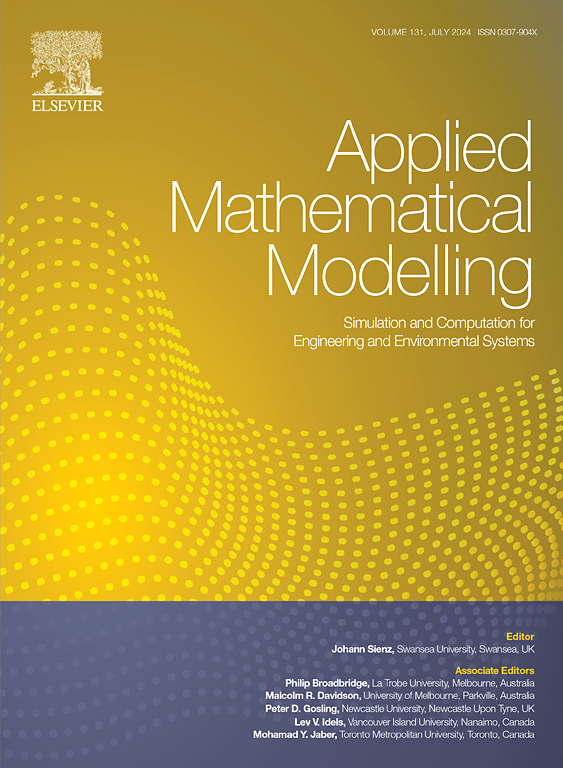Quantification of uncertainty information in remaining useful life estimation
IF 4.4
2区 工程技术
Q1 ENGINEERING, MULTIDISCIPLINARY
引用次数: 0
Abstract
Accurate remaining useful life prediction is crucial for prognostics and health management of products. Model uncertainty is an important factor negatively affecting prediction performance. Existing methods fail to evaluate the predictive ability of a degradation model without the actual remaining useful life, and typically require adequate degradation data or prior information. They may be unable to ensure a reliable prediction performance in practical engineering scenarios with limited degradation data and mechanism knowledge. To address these issues, a model fusion based method is proposed using the uncertainty theory. Specifically, a comprehensive model performance evaluation method is proposed by simultaneously considering complexity, fitting ability, and predictive ability. The evolution process of the comprehensive model performance index is modelled by proposing a generalized arithmetic Liu process model that can flexibly depict characteristics of an uncertain process. A model fusion method is proposed by quantifying the similarity between a candidate model and the actual degradation process based on the predictive evolution analysis of the performance index. Then, a random initial solutions based algorithm is proposed to estimate remaining useful life from the fused model. Finally, three real cases and a numerical case are utilized to demonstrate the effectiveness and versatility of the proposed method by comparing it with existing methods.
求助全文
约1分钟内获得全文
求助全文
来源期刊

Applied Mathematical Modelling
数学-工程:综合
CiteScore
9.80
自引率
8.00%
发文量
508
审稿时长
43 days
期刊介绍:
Applied Mathematical Modelling focuses on research related to the mathematical modelling of engineering and environmental processes, manufacturing, and industrial systems. A significant emerging area of research activity involves multiphysics processes, and contributions in this area are particularly encouraged.
This influential publication covers a wide spectrum of subjects including heat transfer, fluid mechanics, CFD, and transport phenomena; solid mechanics and mechanics of metals; electromagnets and MHD; reliability modelling and system optimization; finite volume, finite element, and boundary element procedures; modelling of inventory, industrial, manufacturing and logistics systems for viable decision making; civil engineering systems and structures; mineral and energy resources; relevant software engineering issues associated with CAD and CAE; and materials and metallurgical engineering.
Applied Mathematical Modelling is primarily interested in papers developing increased insights into real-world problems through novel mathematical modelling, novel applications or a combination of these. Papers employing existing numerical techniques must demonstrate sufficient novelty in the solution of practical problems. Papers on fuzzy logic in decision-making or purely financial mathematics are normally not considered. Research on fractional differential equations, bifurcation, and numerical methods needs to include practical examples. Population dynamics must solve realistic scenarios. Papers in the area of logistics and business modelling should demonstrate meaningful managerial insight. Submissions with no real-world application will not be considered.
 求助内容:
求助内容: 应助结果提醒方式:
应助结果提醒方式:


